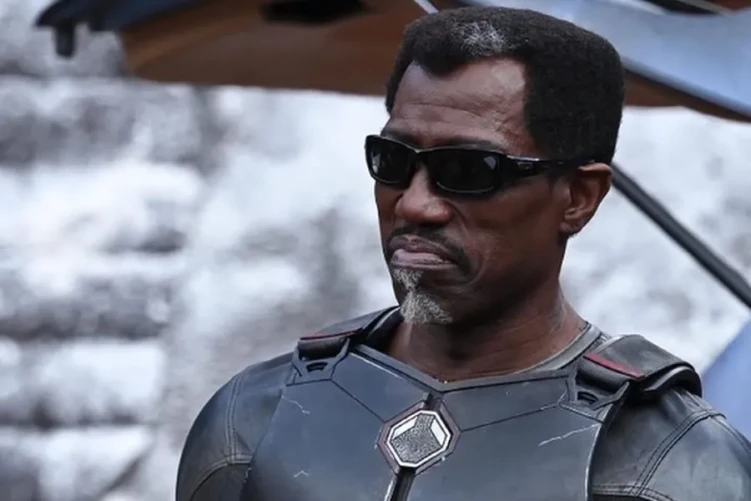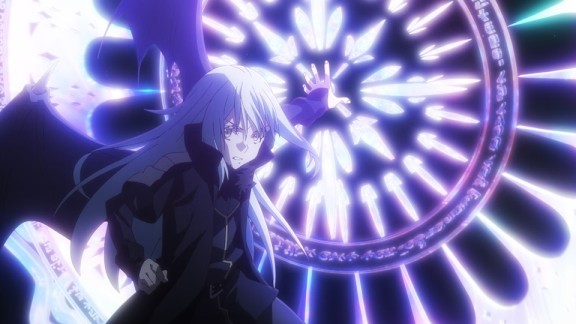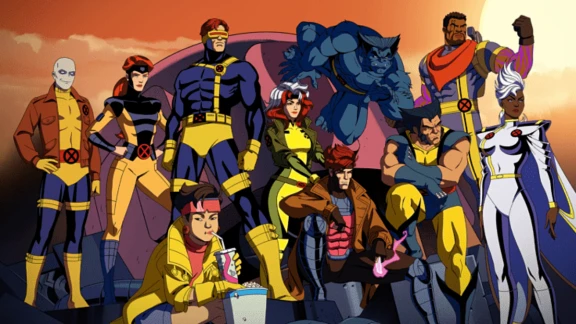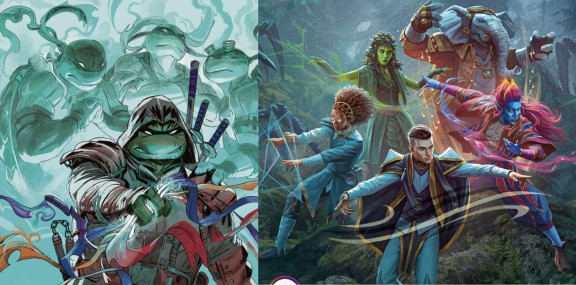
David S. Goyer, the acclaimed screenwriter behind the original Blade trilogy, recently shared his candid thoughts on the prolonged delays facing Marvel Studios’ Blade reboot, starring Mahershala Ali. Speaking on the Happy Sad Confused podcast with host Josh Horowitz, Goyer expressed confusion over the project’s struggles, which have seen multiple writers, directors, and a removal from Marvel’s release calendar since its 2019 announcement. He also commented on Wesley Snipes’ surprise cameo in Deadpool & Wolverine, offering insights into its potential impact on the reboot’s development.
Goyer, who wrote Blade (1998), Blade II (2002), and Blade: Trinity (2004), voiced his bewilderment at the reboot’s challenges, emphasizing the character’s straightforward appeal. “I’m a little baffled, to be honest,” he said. “I don’t quite get why they’re having such a hard time. I think Blade is a relatively simple story, it’s not complicated.” He suggested that Marvel might be overcomplicating the project, advocating for a return to the character’s roots. “I think sometimes you can overthink these things. I think the best thing to do with Blade is just make a really simple, badass, action-oriented, R-rated vampire flick with Blade being a badass. I don’t think you need to overthink it or make it overly complicated,” Goyer stated.
Commenting on Snipes’ return as Blade in Deadpool & Wolverine, Goyer acknowledged its appeal but highlighted potential complications for the reboot. “I thought that was cool,” he said, referring to the cameo. “But it’s confusing also if you’re trying to do another one. It may have been acknowledgment that we can’t crack it.” The cameo, a nostalgic nod to the original trilogy, has raised questions about how Marvel will integrate Ali’s Blade into the Marvel Cinematic Universe (MCU) while navigating Snipes’ legacy. Goyer’s remarks suggest concern that the multiversal appearance could complicate the reboot’s narrative direction.
Goyer also reiterated his willingness to assist Marvel, echoing sentiments from a May 2025 Screen Rant interview. “Give me a call,” he had quipped, expressing his love for the character and puzzlement over the delays. “I would. I’ve always loved the character and I love him, and I’ve been sitting on the sidelines wondering, ‘What in the world is going on? Why is it taking so long?’” he added in that interview. His Happy Sad Confused comments reinforce his belief that a focused, action-driven approach could resolve the reboot’s challenges and deliver the Blade film fans have been anticipating.
A History of Blade in Live-Action Marvel Films
The character of Blade, created by Marv Wolfman and Gene Colan in 1973’s The Tomb of Dracula #10, has a storied history in live-action adaptations, beginning with the groundbreaking Blade trilogy starring Wesley Snipes. The first film, Blade (1998), directed by Stephen Norrington and written by Goyer, was a pivotal moment for Marvel adaptations. Released when superhero films were rare, it introduced Eric Brooks, a half-vampire “Daywalker” who hunts vampires to avenge his mother’s death. The film’s R-rated blend of martial arts, horror, and comic book flair grossed over $131 million worldwide and is credited with laying the groundwork for the modern superhero movie boom, predating X-Men (2000) and Spider-Man (2002).
Blade II (2002), directed by Guillermo del Toro, deepened the mythology with the Reapers, a mutant vampire strain. Goyer’s script leaned into del Toro’s horror aesthetic, delivering a stylized sequel that earned critical praise and solidified Blade’s cult status. The trilogy concluded with Blade: Trinity (2004), which Goyer wrote and directed, introducing characters like Hannibal King (Ryan Reynolds) and Abigail Whistler (Jessica Biel). Despite mixed reviews and weaker box office performance, it expanded Blade’s legacy.
Blade’s live-action presence continued with Blade: The Series (2006), created by Goyer for Spike TV. Starring Kirk “Sticky Fingaz” Jones as Blade, the show explored new stories in the same universe but lasted only 13 episodes due to modest ratings.
Blade returned to the big screen with Snipes’ cameo in Deadpool & Wolverine (2024), reprising the role in a multiversal context. This appearance rekindled interest but raised questions about reconciling Snipes’ portrayal with Ali’s upcoming iteration. Ali’s Blade was teased in Eternals (2021), with his voice in a post-credits scene speaking to Dane Whitman (Kit Harington), hinting at his MCU role. However, the reboot’s delays, with directors Bassam Tariq and Yann Demange departing and at least six writers involved, have kept fans waiting.
From its trailblazing origins to its modern challenges, Blade’s live-action journey reflects his unique place in Marvel’s cinematic history—a gritty, genre-defining hero whose legacy continues to influence superhero cinema. As Goyer’s comments suggest, the path forward for Ali’s Blade may lie in embracing the simplicity and badassery that made the Daywalker a legend.






